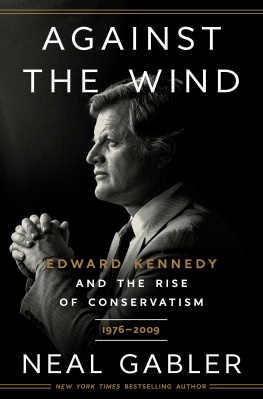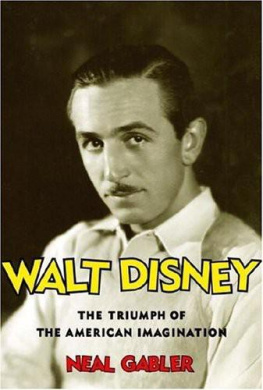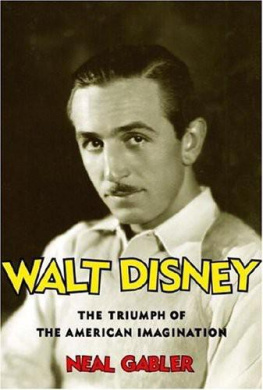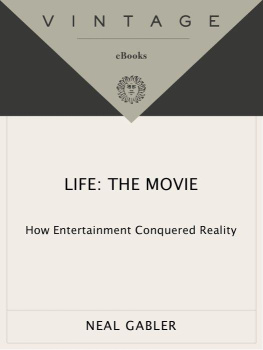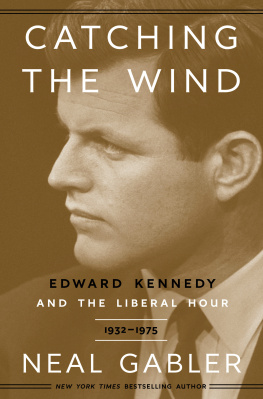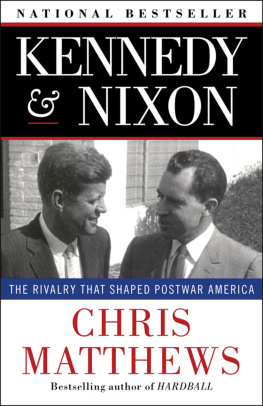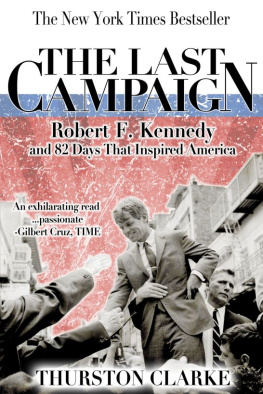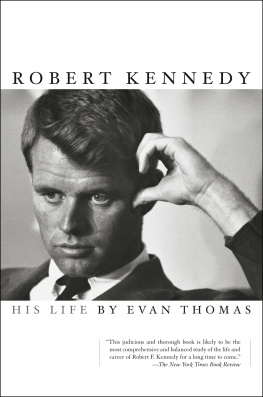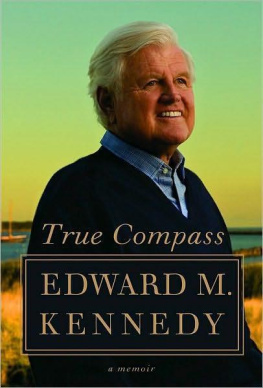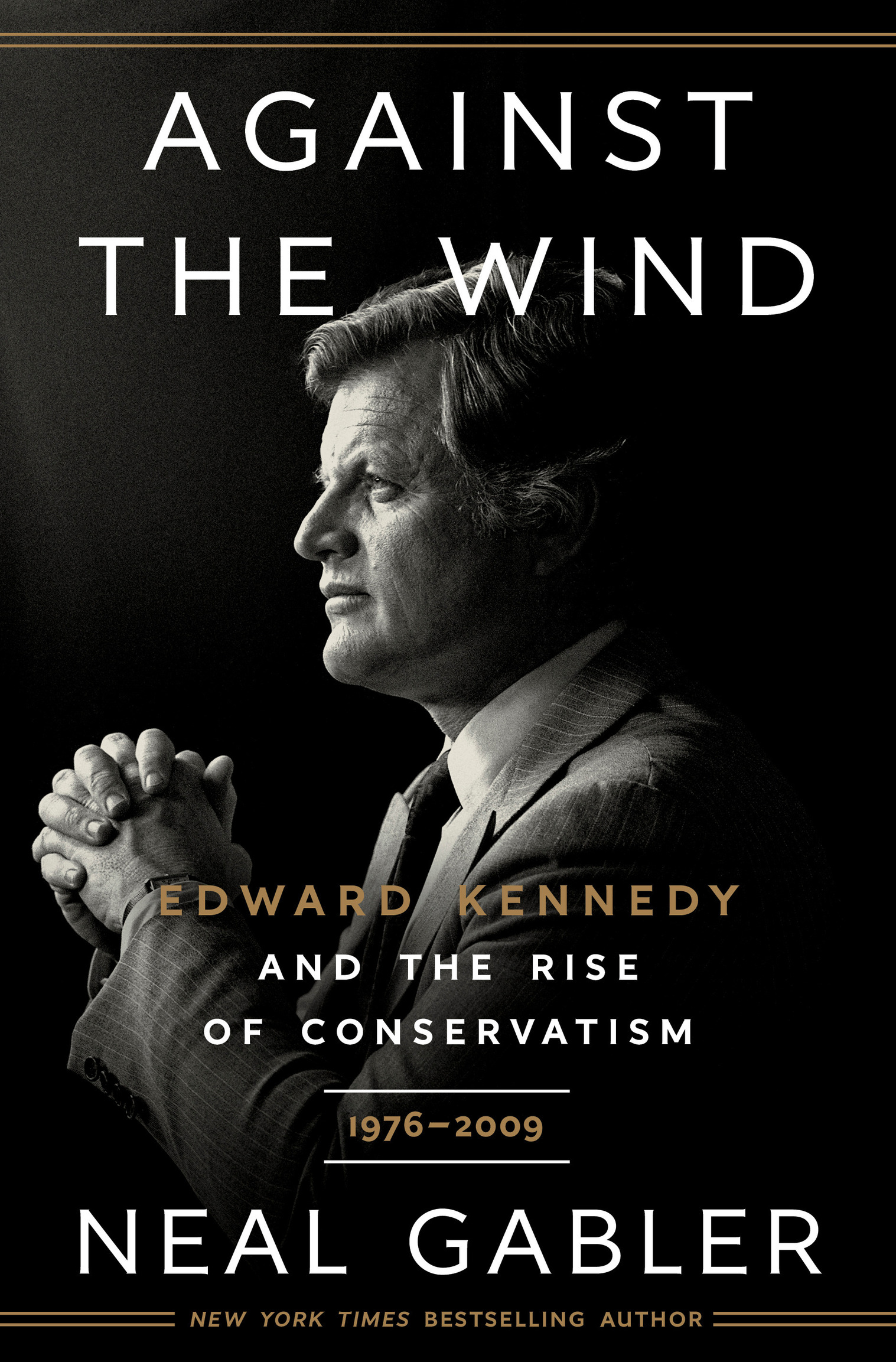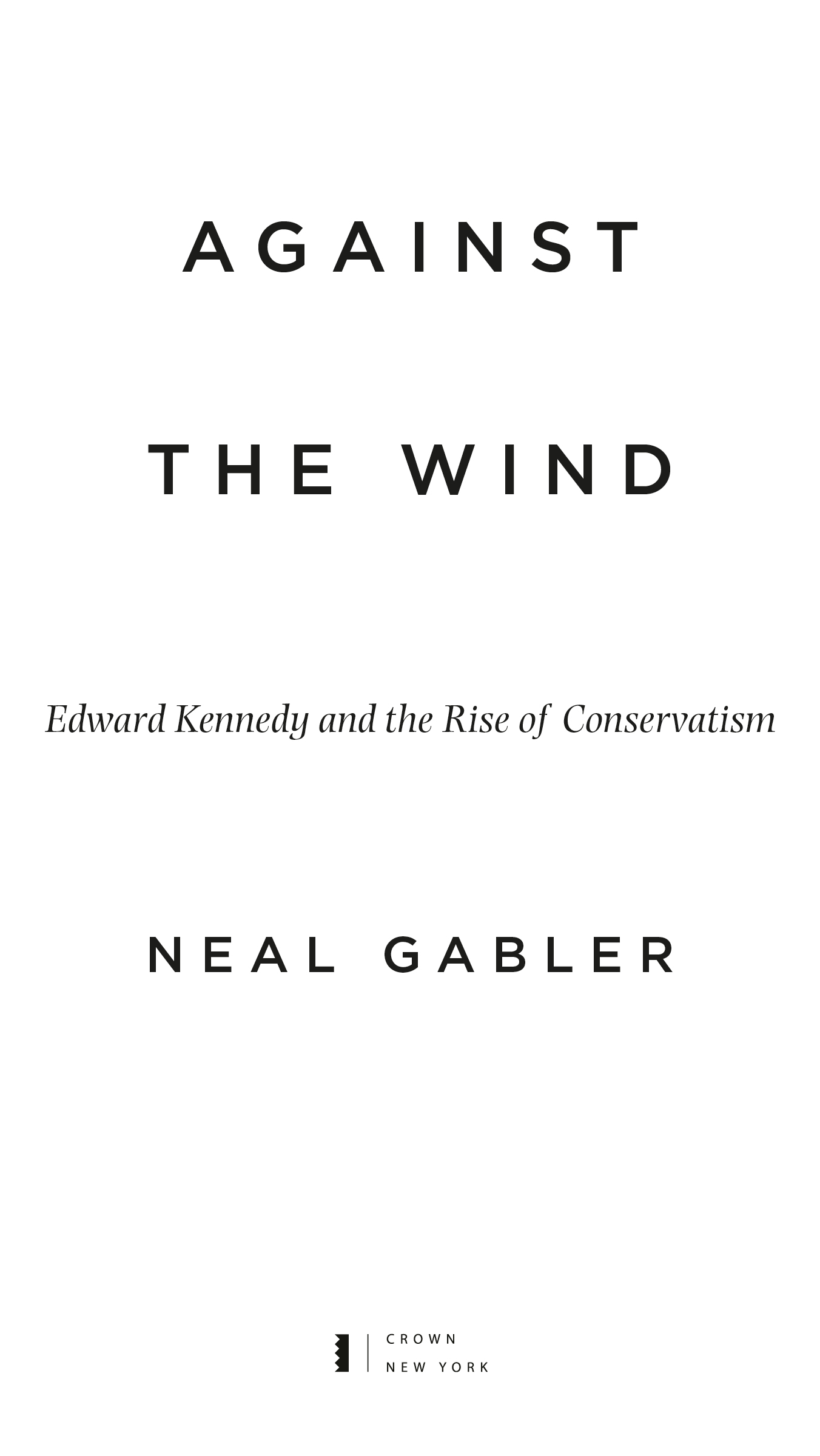Neal Gabler - Against the Wind: Edward Kennedy and the Rise of Conservatism, 1976-2009
Here you can read online Neal Gabler - Against the Wind: Edward Kennedy and the Rise of Conservatism, 1976-2009 full text of the book (entire story) in english for free. Download pdf and epub, get meaning, cover and reviews about this ebook. City: New York, year: 2022, publisher: Crown, genre: Non-fiction / History. Description of the work, (preface) as well as reviews are available. Best literature library LitArk.com created for fans of good reading and offers a wide selection of genres:
Romance novel
Science fiction
Adventure
Detective
Science
History
Home and family
Prose
Art
Politics
Computer
Non-fiction
Religion
Business
Children
Humor
Choose a favorite category and find really read worthwhile books. Enjoy immersion in the world of imagination, feel the emotions of the characters or learn something new for yourself, make an fascinating discovery.
- Book:Against the Wind: Edward Kennedy and the Rise of Conservatism, 1976-2009
- Author:
- Publisher:Crown
- Genre:
- Year:2022
- City:New York
- Rating:4 / 5
- Favourites:Add to favourites
- Your mark:
Against the Wind: Edward Kennedy and the Rise of Conservatism, 1976-2009: summary, description and annotation
We offer to read an annotation, description, summary or preface (depends on what the author of the book "Against the Wind: Edward Kennedy and the Rise of Conservatism, 1976-2009" wrote himself). If you haven't found the necessary information about the book — write in the comments, we will try to find it.
Magisterial . . . an intricate, astute study of political power brokering comparable to Robert A. Caros profile of Lyndon Johnson in Master of the Senate.Publishers Weekly (starred review)
Against the Wind completes Neal Gablers magisterial biography of Ted Kennedy, but it also unfolds the epic, tragic story of the fall of liberalism and the destruction of political morality in America. With Richard Nixon having stilled the liberal wind that once propelled Kennedysand his fallen brotherspolitical crusades, Ted Kennedy faced a lonely battle. As Republicans pressed Reaganite dogmas of individual freedom and responsibility and Democratic centrists fell into line, Kennedy was left as the most powerful voice legislating on behalf of those society would neglect or punish: the poor, the working class, and African Americans.
Gabler shows how the fault lines that cracked open in the wake of the Civil Rights movement and Vietnam were intentionally widened by Kennedys Republican rivals to create a moral vision of America that stood in direct opposition to once broadly shared commitments to racial justice and economic equality. Yet even as he fought this shift, Ted Kennedys personal moral failures in this erathe endless rumors of his womanizing and public drunkenness and his bizarre behavior during the events that led to rape accusations against his nephew William Kennedy Smithwould be used again and again to weaken his voice and undercut his claims to political morality.
Tracing Kennedys life from the wilderness of the Reagan years through the compromises of the Clinton era, from his rage against the craven cruelty of George W. Bush to his hope that Obama would deliver on a lifetime of effort on behalf of universal health care, Gabler unfolds Kennedys heroic legislative work against the backdrop of a nation grown lost and fractured. In this outstanding conclusion to the saga that began with Catching the Wind, Neal Gabler offers his inimitable insight into a man who fought to keep liberalism alive when so many were determined to extinguish it. Against the Wind sheds new light both on a revered figure in the American Century and on Americas current existential crisis.
Neal Gabler: author's other books
Who wrote Against the Wind: Edward Kennedy and the Rise of Conservatism, 1976-2009? Find out the surname, the name of the author of the book and a list of all author's works by series.

